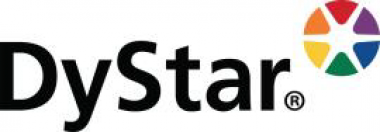GOTS Pilot Project for Small Operators to attain Certification
In an initiative aimed at enhancing accessibility to certification for small operator groups within the organic textile value chain, the Global Organic Textile Standard (GOTS) is pleased to introduce its ongoing Controlled Supply Chain Scheme Pilot Project. The project, launched in 2022, was strategically developed to overcome the obstacles that often deter small-scale operators from pursuing GOTS certification.
Recognising that administrative complexities and financial burdens can impede these operators, the controlled supply chain scheme (CSCS) system was developed to mitigate these challenges. The supply chain requires an internal control and audit system, and small-scale operations benefit from a streamlined ‘group’ certification process, which reduces costs and eases administrative barriers.
Under the CSCS framework, a supply chain comprised of a minimum of eight and a maximum of thirty small-scale facilities, each with twenty or fewer workers, could be considered a single Certified Entity after a comprehensive risk assessment by their Certification Body (CB). SANKEI MERIYASU, a Japanese textile manufacturer, recently received GOTS certification through this project. SANKEI MERIYASU's success showcases the tangible impact of the CSCS system in empowering small-scale operators.
With the pilot due to be reviewed and evaluated next year, GOTS Managing Director Rahul Bhajekar is optimistic about the future of CSCS systems within GOTS. "The controlled supply chain scheme has the potential for substantial impact, empowering small operators in the organic textile supply chain and revolutionising GOTS certification. Our pilot project is proving that the scheme works as intended, overcoming barriers and expanding opportunities. We look forward to refining and validating the CSCS requirements, in hopes of implementing it fully for all markets in the future.”
GOTS - Global Organic Textile Standard

























